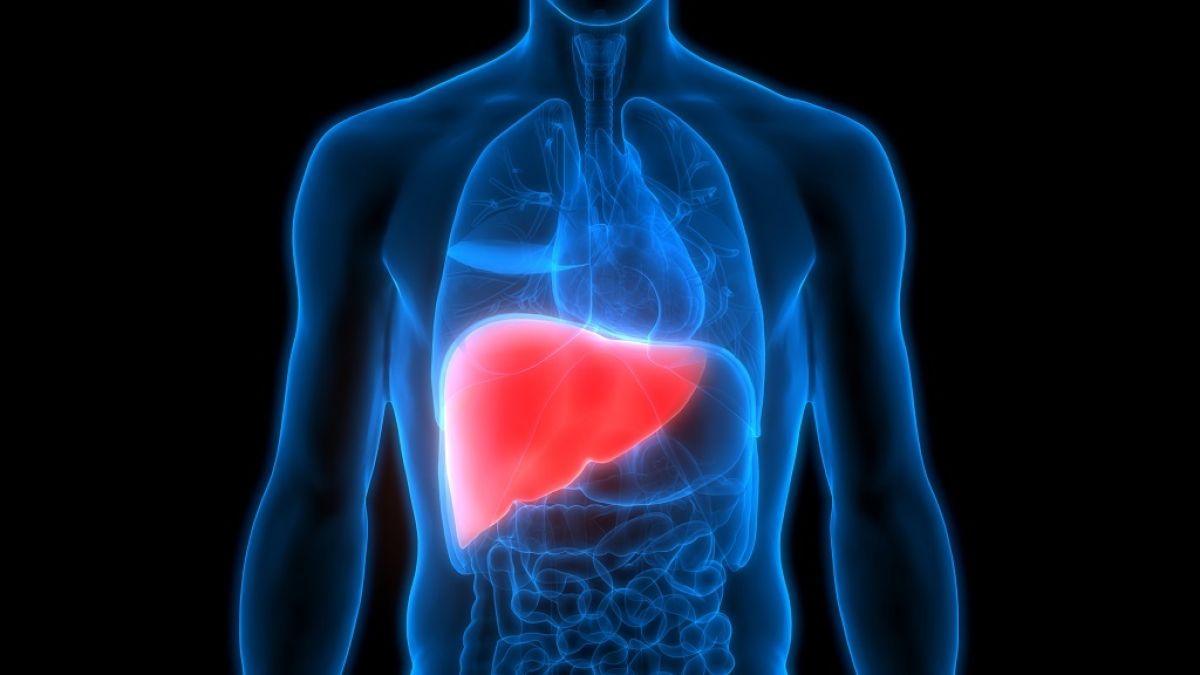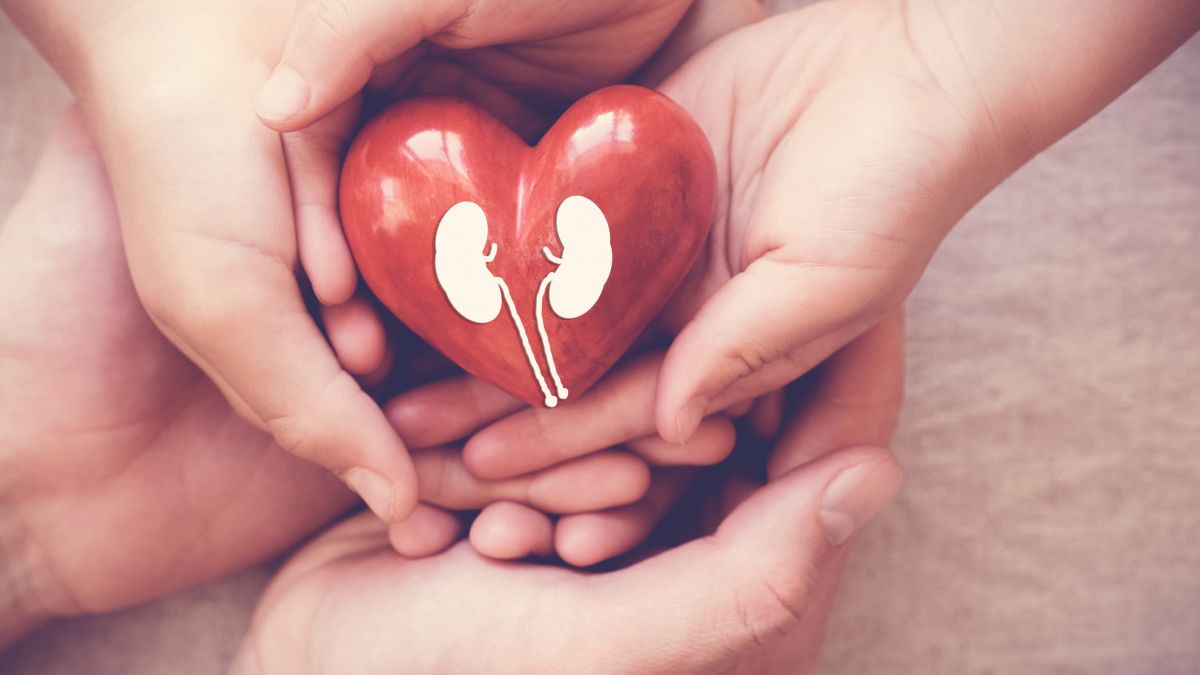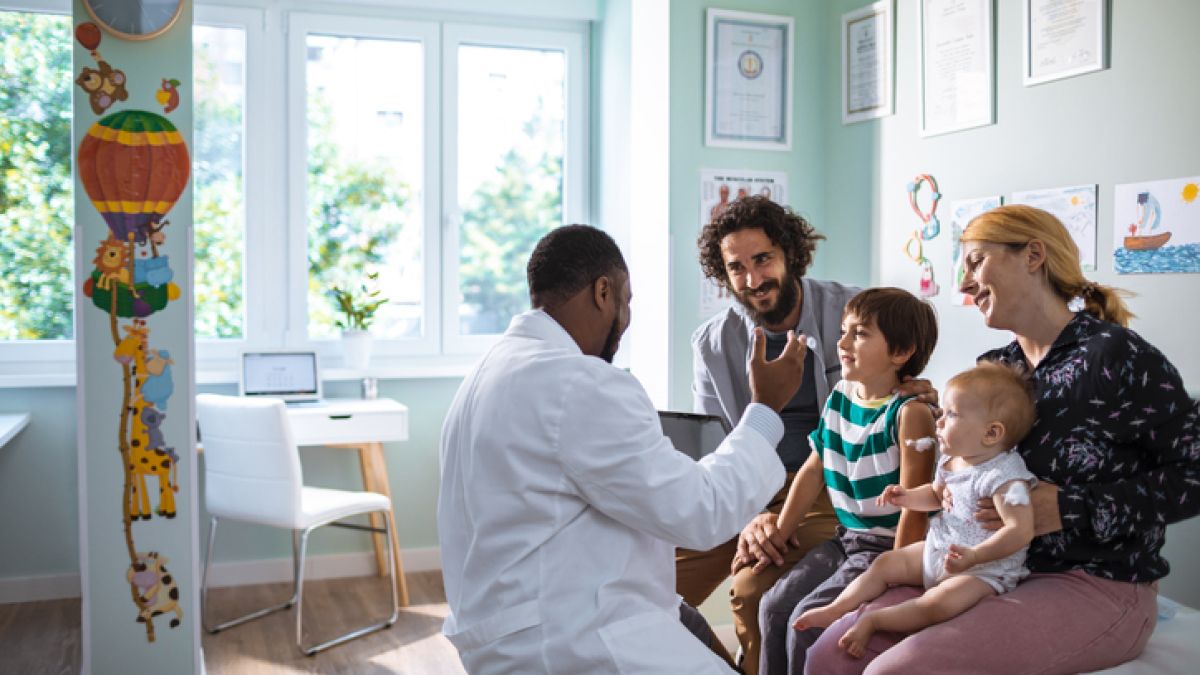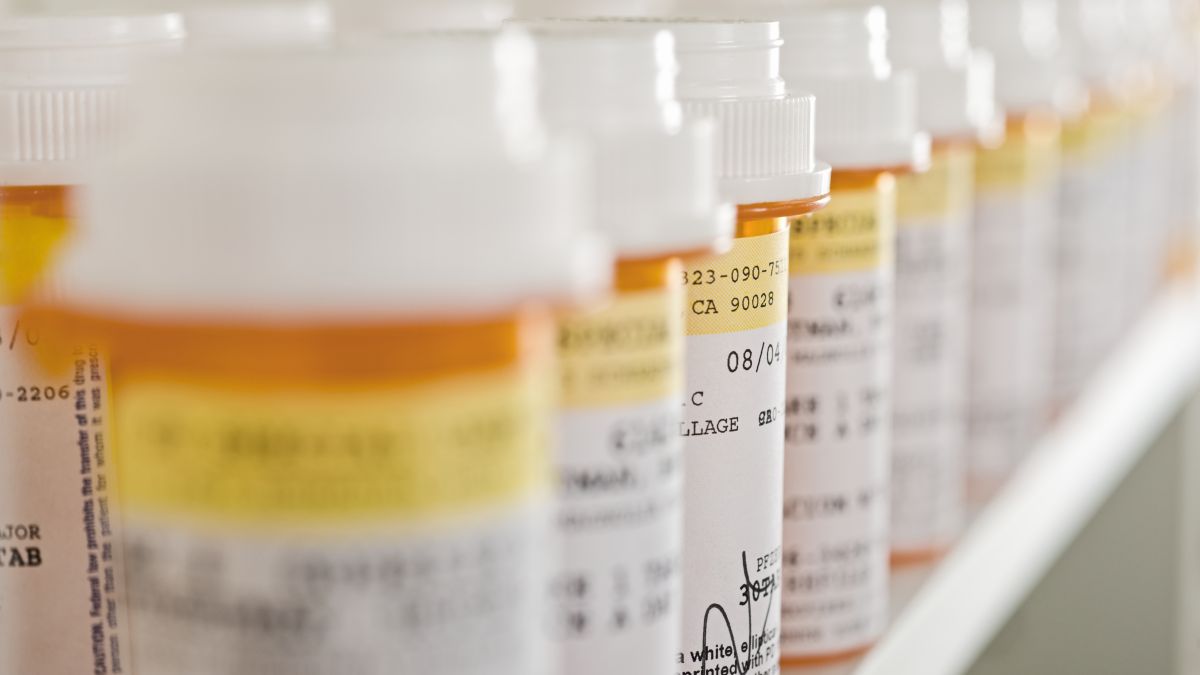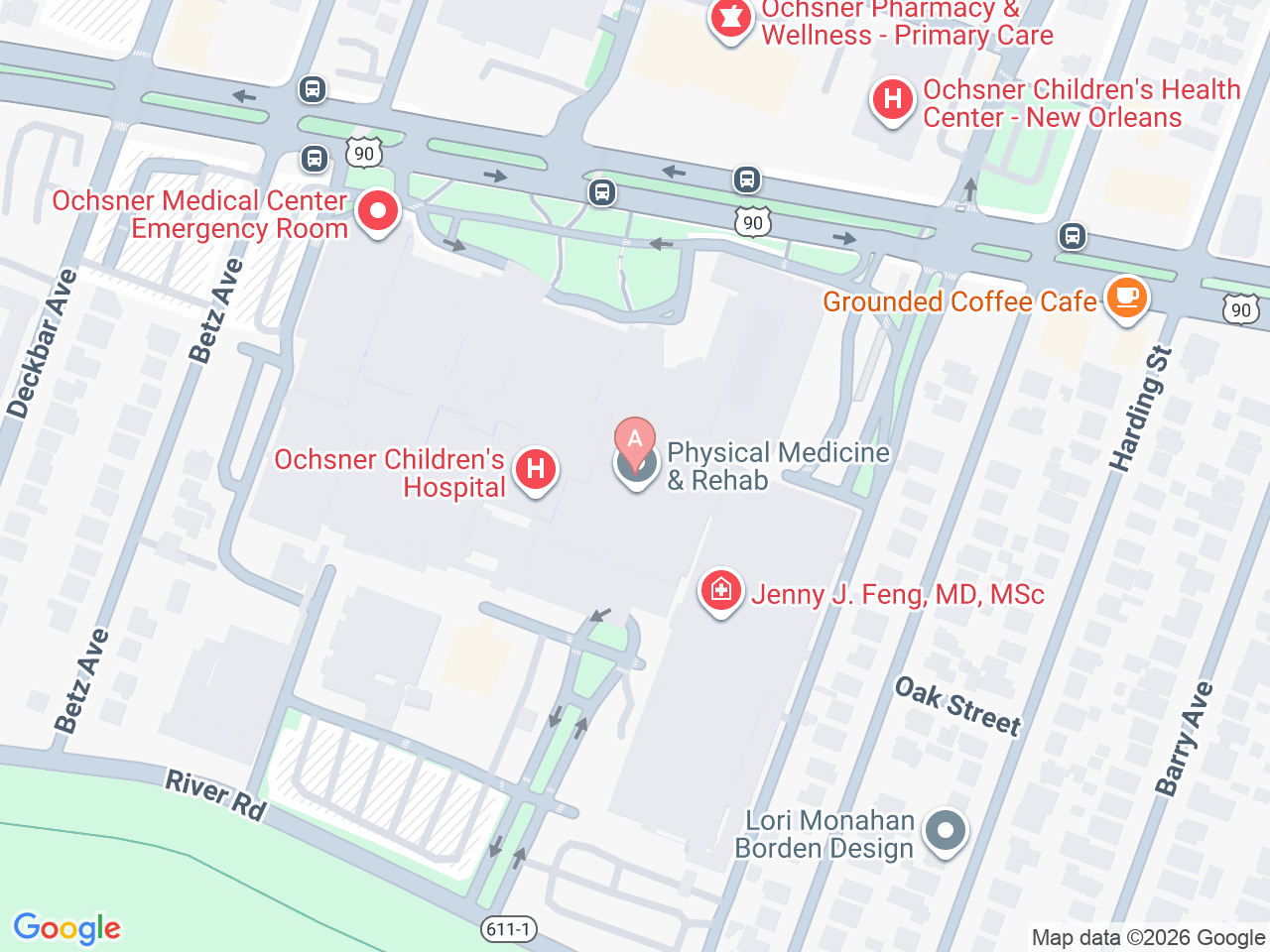Why choose Ochsner Health for liver transplants in New Orleans, Louisiana?
The Ochsner Transplant Institute has been a leader in liver transplantation for nearly four decades. Since performing Louisiana’s first liver transplant in 1984, our expert team has completed over 3,000 liver transplants for both adults and children, making us one of the busiest and most experienced programs in the nation. Each year, more than 125 patients undergo a liver transplant at Ochsner Transplant Institute in New Orleans, Louisiana. Patients from 37 states and across the world trust Ochsner for life-saving care, and our reputation as the most active liver transplant center in the Gulf South speaks volumes.
At Ochsner, we offer both deceased donor liver transplants and living donor transplants. Living donor transplants are an innovative option where patients can receive a portion of a healthy liver from a living donor, which then regenerates in both the donor and recipient. Regardless of the transplant type, you can trust our internationally renowned team for comprehensive care, from diagnosis to transplant and follow-up.
Regardless of the type of liver transplant you receive, you can feel confident in choosing the Ochsner Transplant Institute for your liver transplant. Our skilled surgeons handle a variety of complex scenarios, including:
- Re-transplantations - replacing a previously transplanted organ
- Transplants for obese patients or those with portal vein thrombosis (a blockage in the gastrointestinal tract’s main drainage vein)
- Split liver and reduced-size liver transplants










